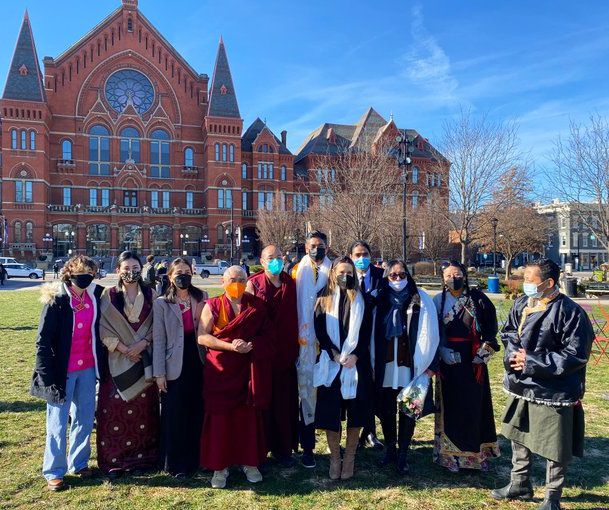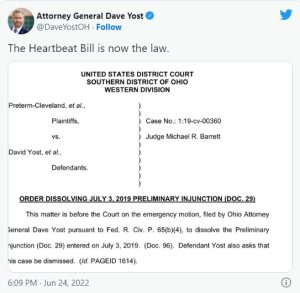A federal appeals court on Thursday ended an independent review of documents seized from former President Donald Trump’s Florida estate, removing a hurdle the Justice Department said had delayed its criminal investigation into the retention of top-secret government information.
The decision by the three-judge panel represents a significant win for federal prosecutors, clearing the way for them to use as part of their investigation the entire tranche of documents seized during an Aug. 8 FBI search of Mar-a-Lago.
“It is indeed extraordinary for a warrant to be executed at the home of a former president — but not in a way that affects our legal analysis or otherwise gives the judiciary license to interfere in an ongoing investigation,” the court wrote.
The conflict over the special master began just weeks after the FBI’s search, when Trump sued in federal court in Florida seeking the appointment of an independent arbiter to review the roughly 13,000 documents the Justice Department says were taken from the home.
A federal judge, Aileen Cannon, granted the Trump team’s request, naming veteran Brooklyn judge Raymond Dearie to serve as special master and tasking him with reviewing the seized records and filtering out from the criminal investigation any documents that might be covered by claims of executive privilege or attorney-client privilege.
She also barred the Justice Department from using in its criminal investigation any of the seized records, including roughly 100 with classification markings, until Dearie completed his work.
The decision also amounts to a sharp repudiation of arguments by Trump’s lawyers, who for months had said that the former president was entitled to have a so-called “special master” conduct a neutral review of the thousands of documents taken from the property. Justice Department counsel disagreed with each of the arguments from Trump’s team.
In the appeals court’s opinion, the arguments ignored the fundamental question: whether or not the U.S. District Court for the Southern District of Florida had the jurisdiction to block investigators from using the records. Expanding the court’s jurisdiction by judicial decree, they found, is generally limited with a four-factor test to determine if Trump’s rights were violated with “callous disregard” when the search warrant was executed — and Trump’s arguments “fail all four factors,” the court wrote.
Known as the Richey test, the four-point evaluation essentially boils down to determining whether or not Trump is being harmed by the government retaining the seized documents, how he’s being harmed, and if he has any redress outside of the court expanding its jurisdiction. Throughout the appeal court’s opinion, it notes that Trump’s arguments are thin, that he borrows justifications made by the district court, and that even some of the court’s arguments lack heft.
“All these arguments are a sideshow. The real question that guides are analysis is this — adequate remedy for what?,” the court wrote. “If there has been no constitutional violation — much less a serious one — then there is no harm to be remediated in the first place.”
In its ruling Thursday, the court directed Cannon to dismiss the lawsuit that gave rise to Dearie’s appointment and suggested Trump had no legal basis to challenge the search in the first place.
The law is clear, the court wrote: they cannot write a rule that allows subjects of search warrants to block government investigation after the warrant has been executed, nor can they write a rule that allows only former presidents to do so.
“Either approach,” the court added, “would be a radical reordering of our caselaw limiting the federal courts’ involvement in criminal investigations. And both would violate bedrock separation-of-powers limitations.”




